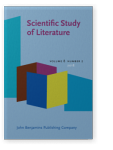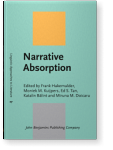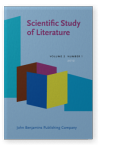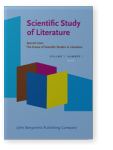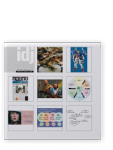Melanie C. Green
List of John Benjamins publications for which Melanie C. Green plays a role.
Journal
2018 Mind-reading motivation: Individual differences in desire to perspective-take influence narrative processing Scientific Study of Literature 8:2, pp. 211–238 | Article
Previous research suggests a link between perspective-taking and the tendency to become immersed in narratives or literature. We extend that research by considering both individual differences and persuasion outcomes. Specifically, Mind-Reading Motivation (MRM) is an individual difference in the… read more
2017 Chapter 3. Narrative persuasion: Effects of transporting stories on attitudes, beliefs, and behaviors Narrative Absorption, Hakemulder, Frank, Moniek M. Kuijpers, Ed S. Tan, Katalin Bálint and Miruna M. Doicaru (eds.), pp. 49–67 | Chapter
Narrative transportation theory is used to explain the processes that occur when an individual experiences a story. Transportation refers to the feeling of being immersed in a narrative, a state of cognitive, affective, and mental imagery engagement. Transportation can occur across media for both… read more
2012 Emotion and transportation into fact and fiction Scientific Study of Literature 2:1, pp. 37–59 | Article
“Transportation into a narrative world” is a psychological mechanism through which narrative communication can affect beliefs (Green & Brock, 2000). Transportation, or psychological immersion into a story, entails imagery, emotionality, and attentional focus. Two studies (N = 92 and 126) suggested… read more
2011 Transporting into narrative worlds: New directions for the scientific study of literature The Future of Scientific Studies in Literature, pp. 113–122 | Article
“Transportation into a narrative world” refers to cognitive, emotional, and imagery engagement in a story (Green & Brock, 2000). Transportation has been studied as a mechanism of narrative persuasion; individuals who are transported into stories are more likely to change their attitudes and beliefs… read more
2008 Research Challenges: Research challenges in narrative persuasion Information Design Journal 16:1, pp. 47–52 | Miscellaneous
Stories are often associated with entertainment, but they can also be used to convey serious information ranging from company policies to heath advice. Stories “consist of a sequence of thematically and temporally related end. This structure has many advantages, including the fact that individuals… read more

